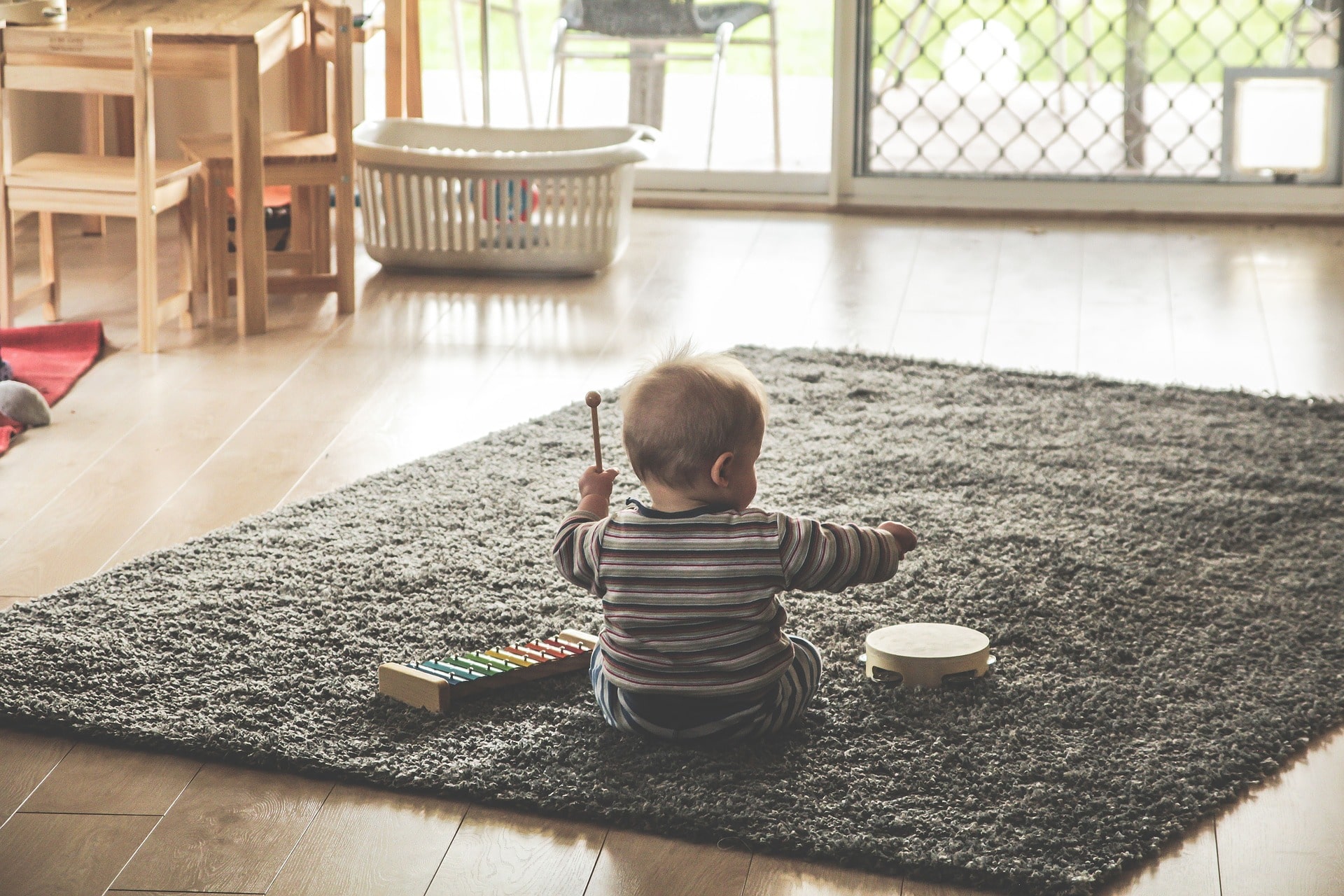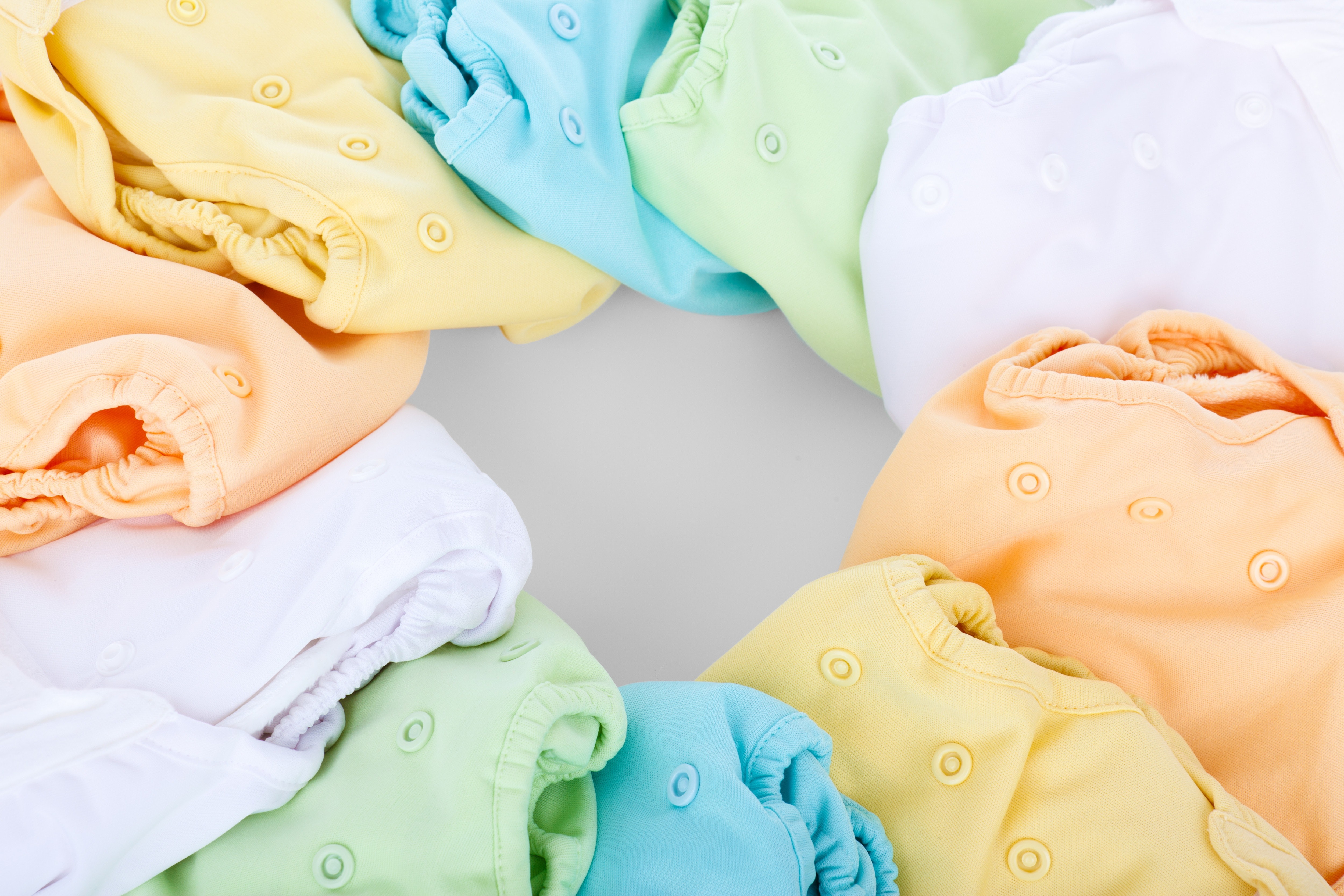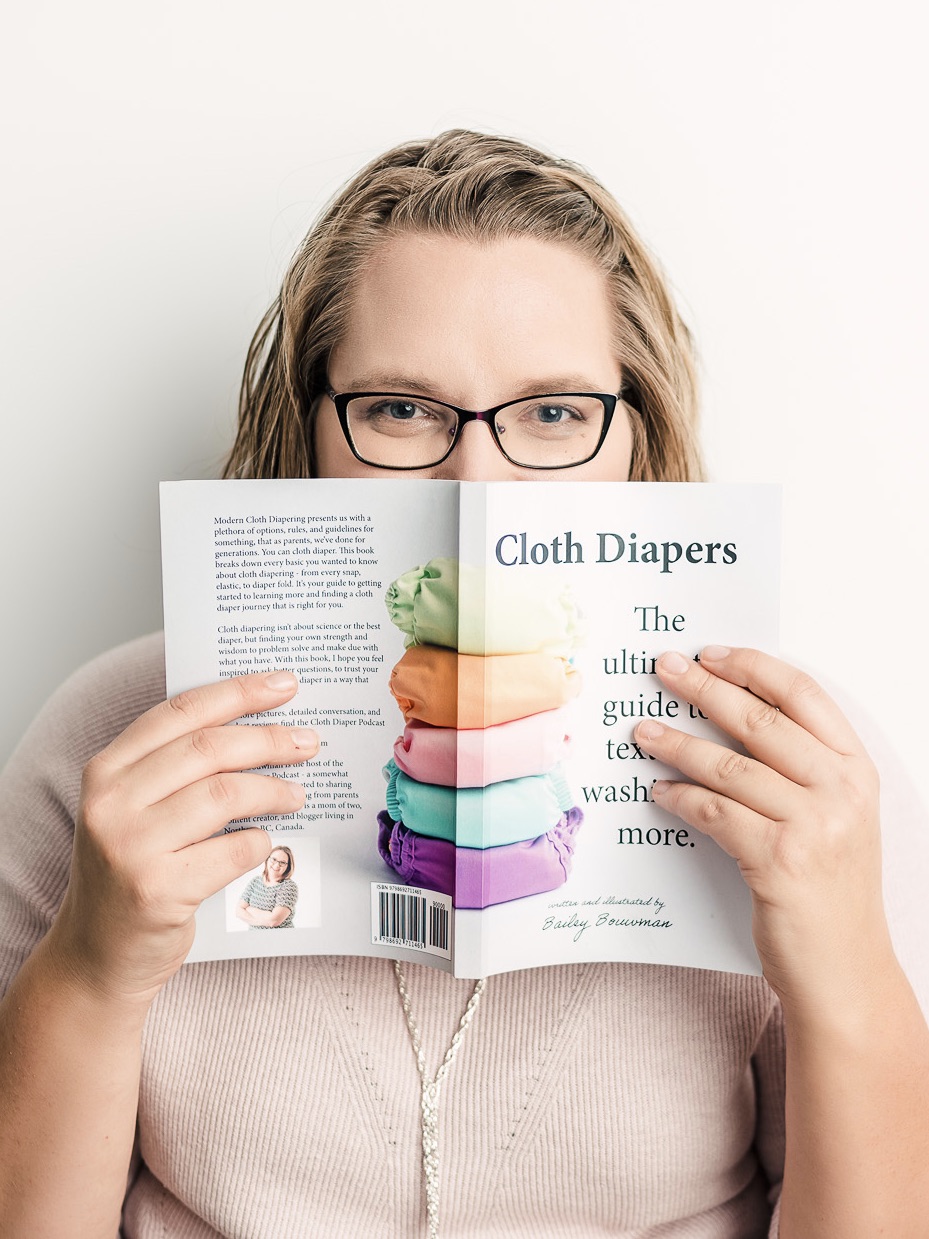Top 10 Reasons Babies Wake at Night and Common Misconceptions

Top 10 Reasons Babies Wake at Night and Common Misconceptions
New parents expect to be up with a newborn but at some point, we expect babies to sleep through the night. But, many times, babies continue to wake at night leaving their parents exhausted. Here are the top 10 reasons babies wake at night.
Written by Nicole Johnson | See Comments | Updated 07/13/2022
Want to cut to the chase?
Baby Milestone Cheatsheet

Top 10 Reasons Babies Wake at Night and Common Misconceptions
This post contains some affiliate links for your convenience. Click here to read my full disclosure policy.
1. Hunger
2. Wet/Leaky/Dirty Diaper
3. Sleep Associations
4. Sleep Regression
5. Teething
6. Illness
7. Napping Too Much
8 Over-Tiredness at Bedtime
9. Room is Too Bright
10. Room is Too Noisy
Start Your Next Step
Baby Milestone Cheatsheet

Get Sanity, Delivered to Your Inbox.
Care to Share?
About the Author

Nicole Johnson
Contributor
Nicole Johnson is the founder and lead sleep consultant of The Baby Sleep Site®. Since she began in 2008, and with the help of her team of sleep consultants, she has helped over 40,000 families improve their sleep. She has also held a position on the board of the International Association of Child Sleep Consultants (IACSC) since 2015. Millions of visitors land on The Baby Sleep Site each year, and Nicole and her team are here to find solutions for your family’s sleep problems that will match your baby's temperament and your parenting style.






